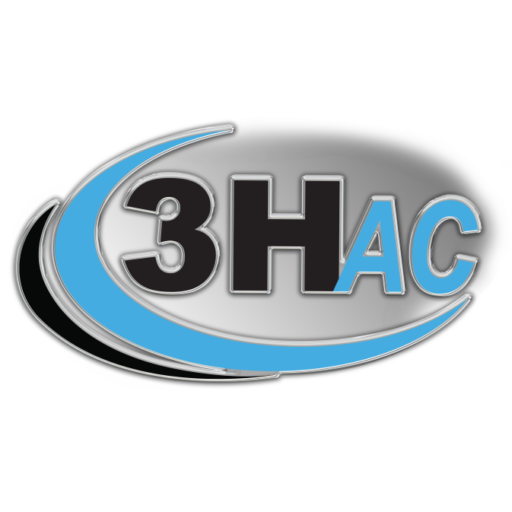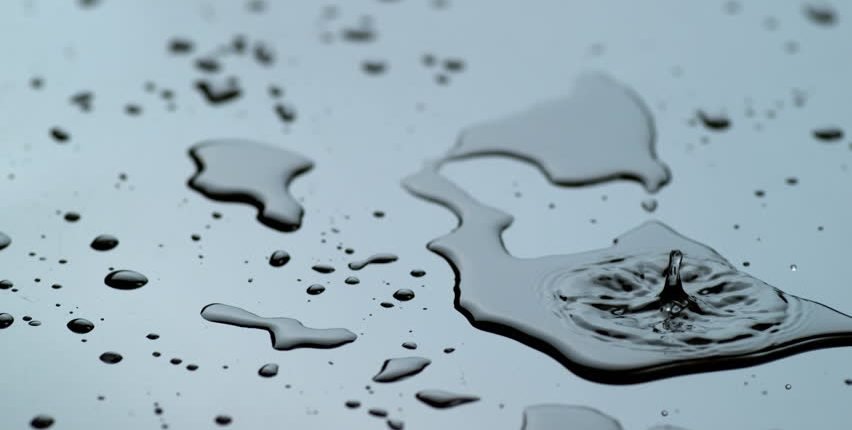Before you do anything else, turn off the AC unit. Water leaks can cause damage to electrical parts, wiring, and your home. Turning off the unit will prevent more water from doing damage.
If you don’t feel comfortable troubleshooting the leak yourself, call an HVAC technician to find out why your AC is leaking water.
Possible Reasons Your AC is Leaking
You may be able to identify a couple of clues about the state of your leaking HVAC unit. Once you’ve taken a look, give us a call at 813-578-4672 and our technicians will be out to identify and fix the problem.
Blocked or Rusted Drain Line
Your AC unit has a condensate drain line to drain accumulated water, and it can get clogged up. If the drain line is blocked, the built-up water can’t escape and backs up into your home. Also, dirt, insects, fungus, mold, or other small things can cause a blockage.
Examine the end of the drain tube and look for rust or debris. These sediments can block the line, causing water to back into your home.
If there is, it needs to be cleared. Wet-dry vacuums can remove the blockage from the outside condensate PVC pipe.
Another culprit for a clogged drain could be a dirty evaporator coil. This problem happens when the water from the evaporator coil carries dirt into the pan and clogs the drain.
Having the coil cleaned at least annually by a professional as part of the yearly AC maintenance can prevent the issue.
Broken Condensate Pump
A broken or malfunctioning condensate pump can also cause water leaks. To test for this leak, pour water into the condensate pump. If the pump works, excess water will leave the pump at an even rate.
If it’s not able to pump the excess out, check to make sure the pump is getting power. If it gets power, then it’s probably the motor or a clogged line. A professional should be contacted to determine the exact issue and correct it.
AC Unit Installed Incorrectly
Air handlers can also leak after mishandled installations. For example, if the AC unit is not level, water will leak no matter what else is going on.
Start by checking if the unit is level. If it is level, look for closed vents around your house as this can add pressure on your AC unit and cause leaks. A poorly designed condensate trap can prevent drainage too, causing water to build up and overflow.
A technician can examine the trap to ensure everything is well-designed and level.
Cold Weather Temperatures Outside
When the weather gets cold, water can build up in the HVAC unit. More water means it will collect and overflow. Because it is not as hot out, the water will take longer to evaporate.
Small pools of water outside are normal, but keep an eye out for anything more.
The AC Seals Are Bad
If the AC unit has ill-fitted seals due to aging or wear and tear, too much hot air enters the unit. When the warm air hits the cold air, water condenses inside the AC and can collect underneath the unit. Resealing the unit will correct the problem.
Resealing the outdoor unit can correct this and make things close properly, but water leakage is not the only problem. Seal maintenance is important because faulty seals can reduce the unit’s efficiency, meaning you are not getting the temperature indoors that you desire. Plus, it may be costing you more money on your electricity bill each month.
If you are unsure how or where to examine the seals, please call an HVAC professional.
Air Filters Get Dirty
One of the most neglected aspects of the AC unit is the air filters. When they get clogged, less air can hit the evaporator coil. This reduced flow rate causes the coil to become too cold and freeze up with ice. As the ice melts, the excess water falls into the drain pan and causes an overflow.
If the unit is freezing up, check your air filter. Clean out the filter if it is dirty (for reusable filters only) or replace it with a new one. The standard recommended time for cleaning your filters is every 1-3 months.
Ice on Your Evaporator Coils
To determine if you have a frozen evaporator coil, open the blower door located inside the air conditioning system. Can you see any ice? If so, the water could be coming from the ice melting and the drainage pan overflowing.
When it comes to ice on the evaporator coil, there are two primary causes:
- Dirty air filter – When the filter is dirty, it reduces the warm airflow access to the coil and causes it to get cold and freeze. Change or clean the filter.
- Low refrigerant – When the refrigerant level is too low, it can cause the evaporator coil to become too cold and freeze.
Your AC Is Low On Refrigerant
More than just water can leak from your air conditioning unit. A refrigerant leak can happen, especially with older or damaged AC systems.
Refrigerant leaks cause the pressure inside the AC system to come down, leading to some of the issues we talked about earlier like your evaporator coils freezing over.
Regular inspections at the beginning of summer can prevent this type of leak from causing too much damage. Catching a refrigerant leak early can save you from replacing the entire unit.
Rusted Or Damaged Drain Pan
Speaking of older systems, the drain pan for an AC system can rust out over time. If your AC system is around 12 to 15 years old, check the drip pan for any holes or cracks due to age. If you find any, replacing the damaged drain pan with a new one could stop the leak.
Things That Can Reduce or Prevent AC Water Leakage
If you want to stay on top of any sources of leaks, then keep some of these tips in mind when you inspect your AC system for some common causes of leaks:
- Ensure that the central AC system has a secondary drain line
- Have a drain pan shut off switch with float installed
- Make sure the AC unit has a safety pan to catch the overflow.
- Regularly clean or replace the HVAC filter
- Regularly check AC refrigerant levels
- Use a 50/50 bleach and water solution to prevent mold or mildew build-up in the condensate pump.
- Make sure drain lines include an air vent and P-trap.
- Make sure AC seals are not damaged or loose.
- Schedule a yearly HVAC tune-up or maintenance
Contact The AC Leak Pros
If you are still unable to determine the cause of your leaking water or need maintenance or repairs, contact 3H AC today. Waiting to do so can cause the damage to get worse.
3H AC serves the Tampa Bay and surrounding areas with a 24hr response time and is always ready to help Tampa Bay residents with AC repair.


